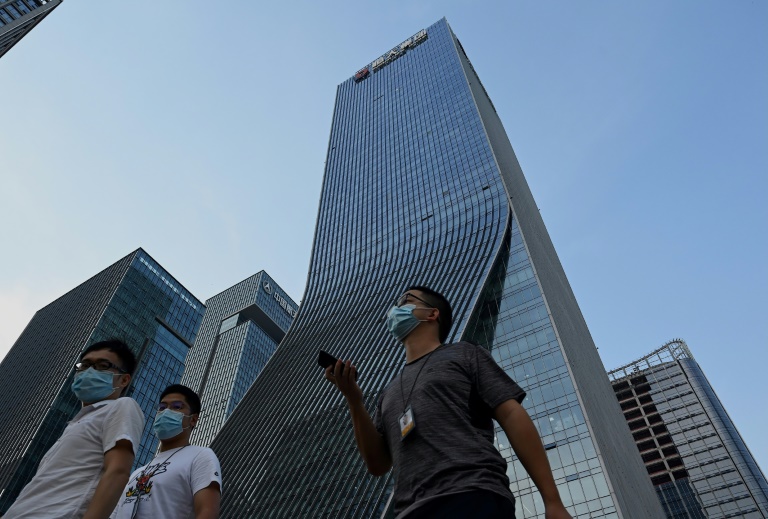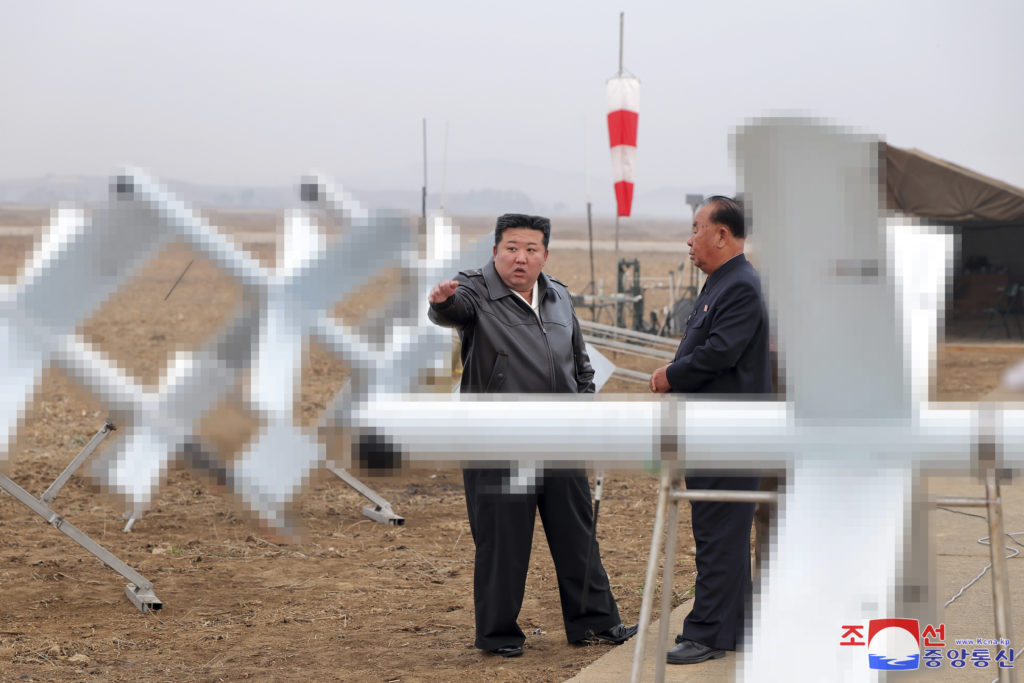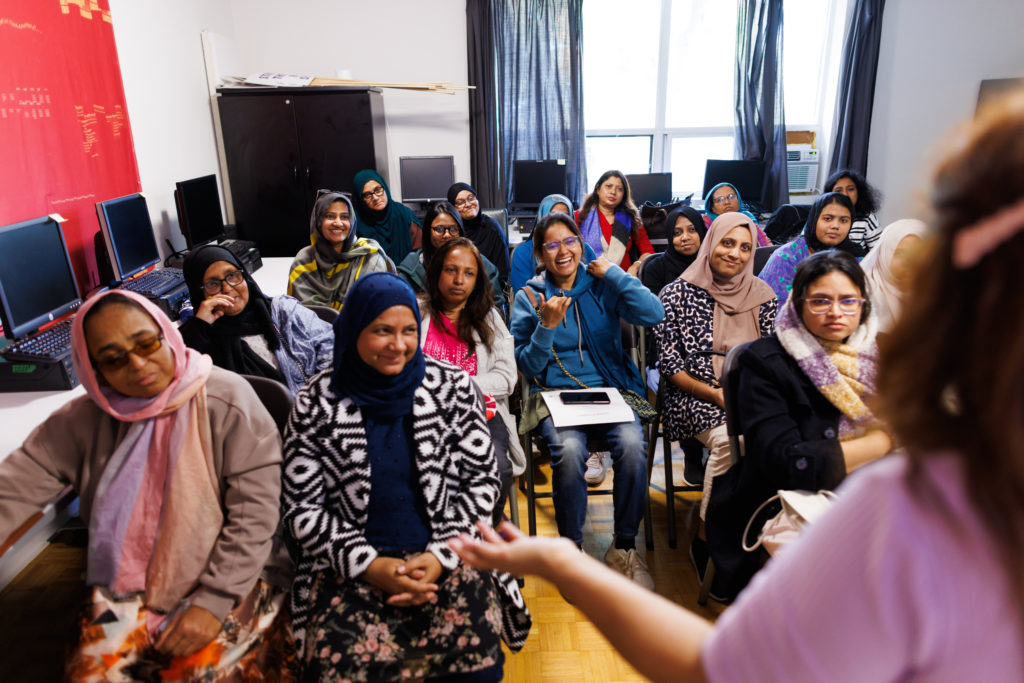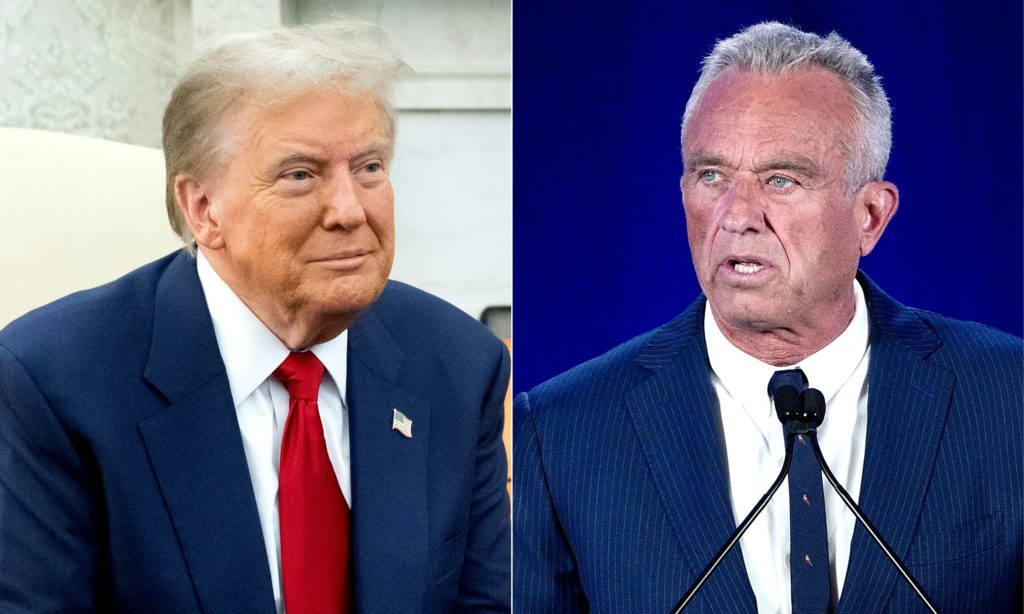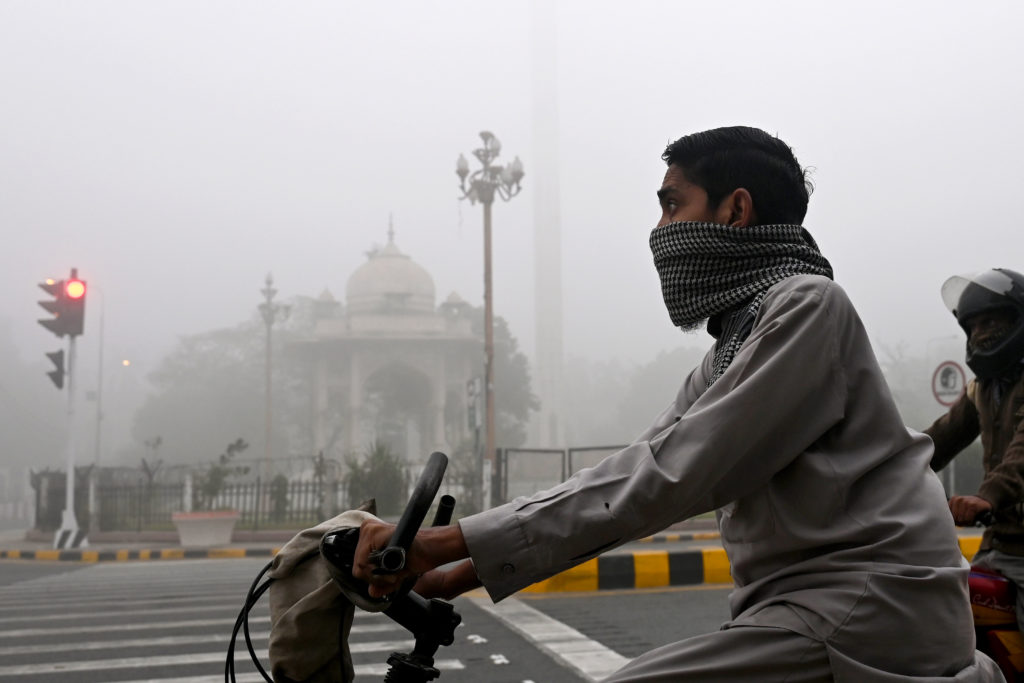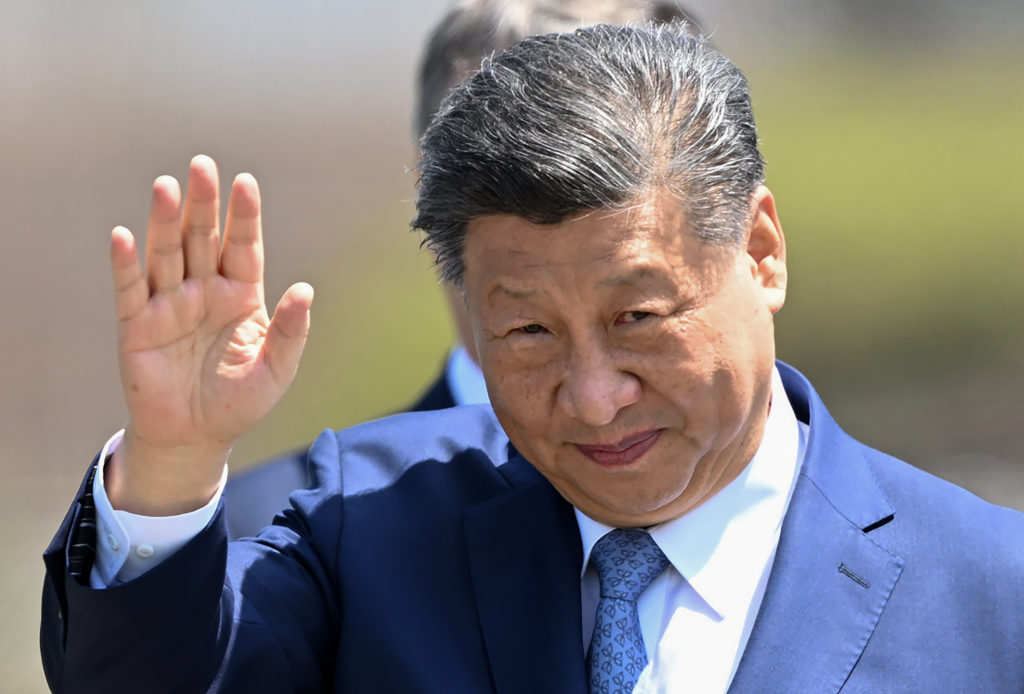China’s social media was flooded with discussions on the potential demise of housing giant Evergrande as rare images of protests and public anger were shared across a tightly controlled internet.
Videos of protestors bearing furious signs filled the popular Weibo and WeChat platforms this week, with homebuyers using social media to share information and organise future demonstrations.
“The more people there are the stronger our power, this is our blood-and-sweat money,” one user wrote in a post calling for supporters to gather at Evergrande’s Shenzhen headquarters.
In a country where demonstrations are promptly squashed with authorities working to maintain stability above all else, the topic does not yet appear to have fallen under the heavy hand of censorship as anxious investors and creditors across the country demand money they are owed by the developer.
Some claiming to have been wronged by Evergrande shared invites on Weibo to “rights protection” chat groups and posted updates about joining protests.
Meanwhile, photos of a crowd of people in southwest Chengdu holding signs that read “Evergrande Fraud”, verified by AFP, were shared widely on the Twitter-like Weibo.
Discussion threads have erupted with hundreds of millions of views and comments alongside photos and videos of the protests, as the Hong Kong-listed developer warned it may not be able to pay its debts.
The crisis has prompting panic of a default that could ripple through the world’s second-biggest economy.
Analysts said allowing the images to remain online could be either due to an inability to clamp down — given the scale of the crisis — or a lack of willingness.
The “sheer size” of Evergrande’s crisis means it is difficult to suppress — and Beijing might feel that scenes of ugly disputes between investors and company employees can serve as a cautionary tale for other corporations, Hong Kong-based politics commentator Willy Lam told AFP.
Small protests against companies and local governments take place frequently in China, with people gathering to express their anger over issues from unrefunded shared bike deposits and forced demolitions of countryside villas.
“Property and land-related protests are actually quite common in China,” Adam Ni, co-editor of the China Neican newsletter, told AFP.
China’s usual response is to “defuse the situation to ensure that the effects of the protests do not grow,” he said, which can mean making compromises or arresting protest leaders.
Larry Ong of SinoInsider told AFP that Beijing is likely looking to buy time while it deals with Evergrande, but could soon lose patience with the protesters.
While state media has mostly stayed quiet on the crisis, smaller news companies and provincial TV have highlighted the discontent, interviewing ordinary people who risk losing their life savings.

